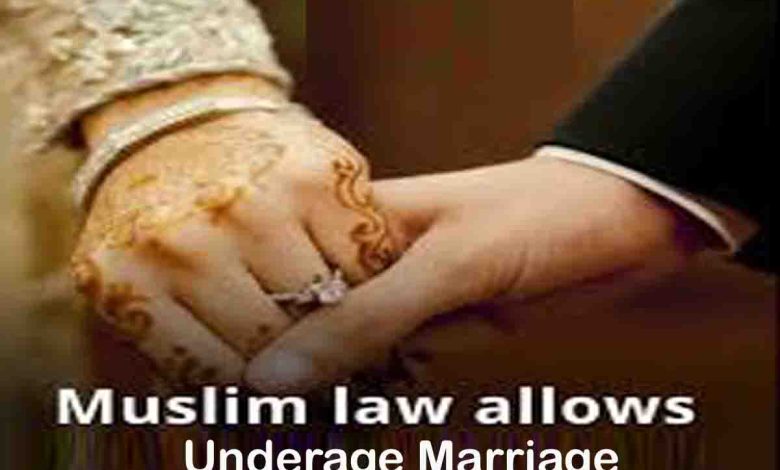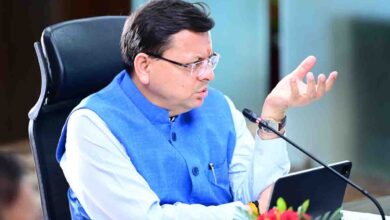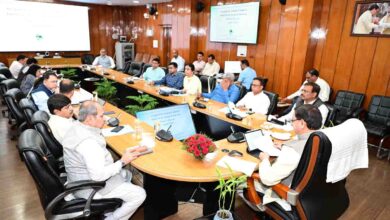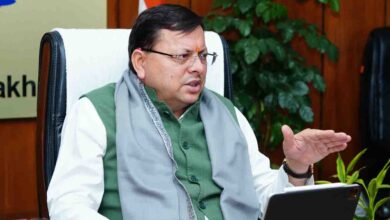HC seeks response from Centre & State on ‘underage marriage’ allowed under Muslim personal law

Wednesday, 12 October 2022 | PNS | NAINITAL
In the matter regarding permission granted in Muslim personal law for marriage of girls aged under 18 years, the Uttarakhand High Court has granted a last opportunity to the Central and State governments, directing them to submit their response in the court by November 16. The division bench of Chief Justice Vipin Sanghi and Justice Manoj Kumar Tiwari issued this direction while hearing on a Public Interest Litigation (PIL) filed by the Youth Bar Association of India.
In its PIL the Youth Bar Association of India has stated that in cases of girls aged under 18 years getting married, some courts are granting recognition to the couple and also issuing orders to provide police protection to them because such marriages are allowed under Muslim personal law. The petitioner has further stated that a girl marrying while aged under 18, physical relations with a minor and delivering a child at a young age affect the health of both the girl and her child. Further, on the one hand the government has enacted laws like Protection of Children from Sexual Offences (POCSO) Act while on the other hand marriage of girls aged below 18 years is being permitted which is a violation of the said Act. The PIL has sought that marriage to a girl aged under 18 years should be declared illegal and the physical relations with such a girl after marriage should be categorised as rape, on the basis of which action should be taken under the POCSO Act against the accused. The petitioner has also sought that the Prohibition of Child Marriage (Amendment) Bill 2021, raising the marriageable age of women from 18 years to 21 years, which was introduced in the parliament should be passed without delay. Till the bill is passed, the court has been requested to declare underage marriage illegal irrespective of religion and caste.
It is pertinent to mention here that the Uttarakhand government is also working on implementation of a Uniform Civil Code (UCC) in the State. The five-member expert committee formed to examine the relevant laws regulating the personal civil matters of the residents of Uttarakhand and to prepare a draft or suggest changes in existing laws on marriage, divorce, property rights, succession/inheritance and adoption has been interacting with various sections of society apart from receiving suggestions from the citizens regarding the planned implementation of UCC in the State.






